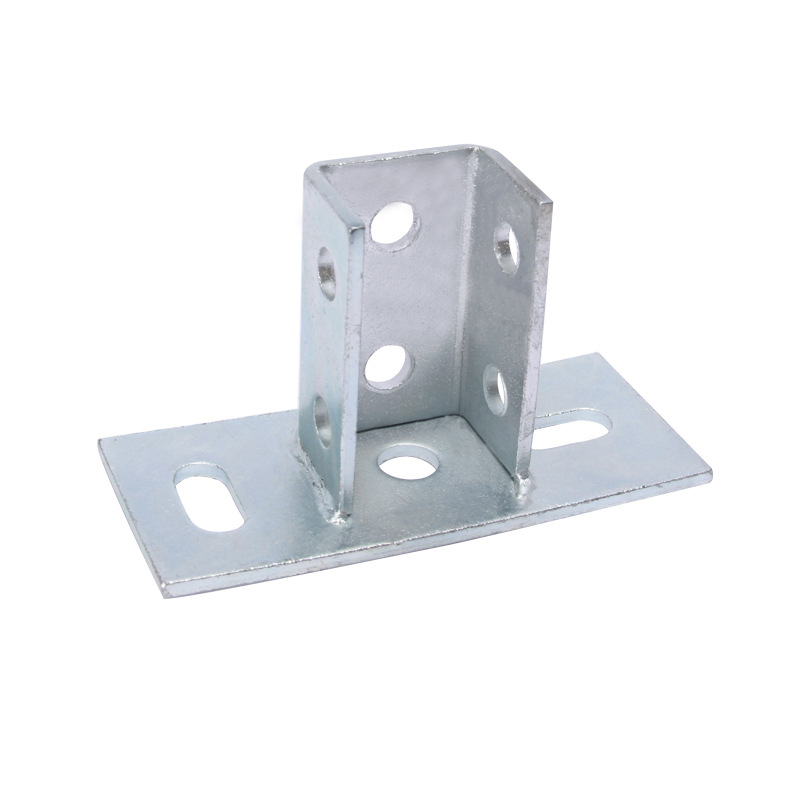

Choosing the Right Self-Tapping Screws for Your Project in 5mm Size and Applications
Aug . 13, 2024 23:51 Back to list
Choosing the Right Self-Tapping Screws for Your Project in 5mm Size and Applications
Understanding Self-Tapping Screws A Focus on 5mm Options
Self-tapping screws are essential fasteners widely used in various construction and manufacturing applications. These screws have a unique design that allows them to create their own mating thread in materials such as metal, plastic, and wood. Among the various sizes available for self-tapping screws, the 5mm size is particularly popular due to its versatility and effectiveness in numerous settings.
The Design and Functionality of Self-Tapping Screws
Self-tapping screws feature a sharp point that allows them to penetrate the material without the need for pre-drilling a hole. This characteristic significantly speeds up the fastening process, making them ideal for both professional contractors and DIY enthusiasts. The threads of self-tapping screws are designed to cut into the material as the screw is driven in, creating a secure hold. This feature not only saves time but also reduces labor costs associated with additional drilling operations.
The 5mm self-tapping screw typically has a head that can accommodate various drive types, such as Phillips, slotted, or hex. This compatibility allows for a range of tools to be used, making it easier for anyone to drive the screw into the desired material securely.
Applications of 5mm Self-Tapping Screws
5mm self-tapping screws are utilized in a multitude of applications, thanks to their size and strength. They are commonly used in the assembly of electrical enclosures, furniture, and automotive components. In woodworking, these screws offer a reliable solution for attaching hardware to wooden surfaces, such as hinges or brackets. Their ability to create a secure hold in thin materials, like sheet metal, makes them invaluable in HVAC systems and ductwork installations.
Additionally, 5mm self-tapping screws are favored in situations where space is limited but a strong fastening is required. Their compact size allows them to fit into tight spaces and secure components without the risk of over-tightening, which can lead to material damage.
self tapping screws 5mm

Advantages Over Traditional Fasteners
One of the main advantages of using self-tapping screws over traditional fasteners is the reduced preparation time. Traditional screws often require pre-drilling and tapping, which not only extends the installation process but also complicates it, especially for inexperienced users. In contrast, self-tapping screws streamline this process, enabling faster assembly and installation.
Moreover, self-tapping screws tend to provide a superior grip in materials that may be prone to splitting, such as thin plywood or softer metals. Their cutting action creates less stress on the surrounding material, reducing the risk of damage. This characteristic ensures a more durable and reliable fastening solution.
Choosing the Right 5mm Self-Tapping Screw
When selecting 5mm self-tapping screws for a project, consider factors such as the material being fastened, environmental conditions, and the screw's coating. For instance, screws intended for outdoor use may require a corrosion-resistant coating, such as zinc or epoxy, to withstand moisture and prevent rust. Additionally, when working with specific materials, it is essential to choose a screw with the appropriate thread design to ensure optimal performance.
Conclusion
In summary, 5mm self-tapping screws are a valuable addition to any toolkit, offering speed, convenience, and reliability across various applications. Their unique design allows for easy installation in a wide range of materials, making them a preferred choice among professionals and DIYers alike. By understanding the advantages and proper selection of these screws, users can significantly enhance their assembly process and outcome.
Latest news
-
Premium Fasteners Manufacturer | AI-Driven Solutions
NewsAug.01,2025
-
Hot Dip Galvanized Bolts - Hebei Longze | High Strength, Corrosion Resistance
NewsAug.01,2025
-
High-Strength Hot Dip Galvanized Bolts - LongZe | Corrosion Resistance, Custom Sizes
NewsAug.01,2025
-
Best Self Tapping Screws for Drywall - Fast & Secure Installation
NewsJul.31,2025
-
High-Strength Hot Dip Galvanized Bolts-Hebei Longze|Corrosion Resistance&Customization
NewsJul.31,2025
-
Hot Dip Galvanized Bolts-Hebei Longze Metal Products|Corrosion Resistance&High Strength
NewsJul.31,2025

